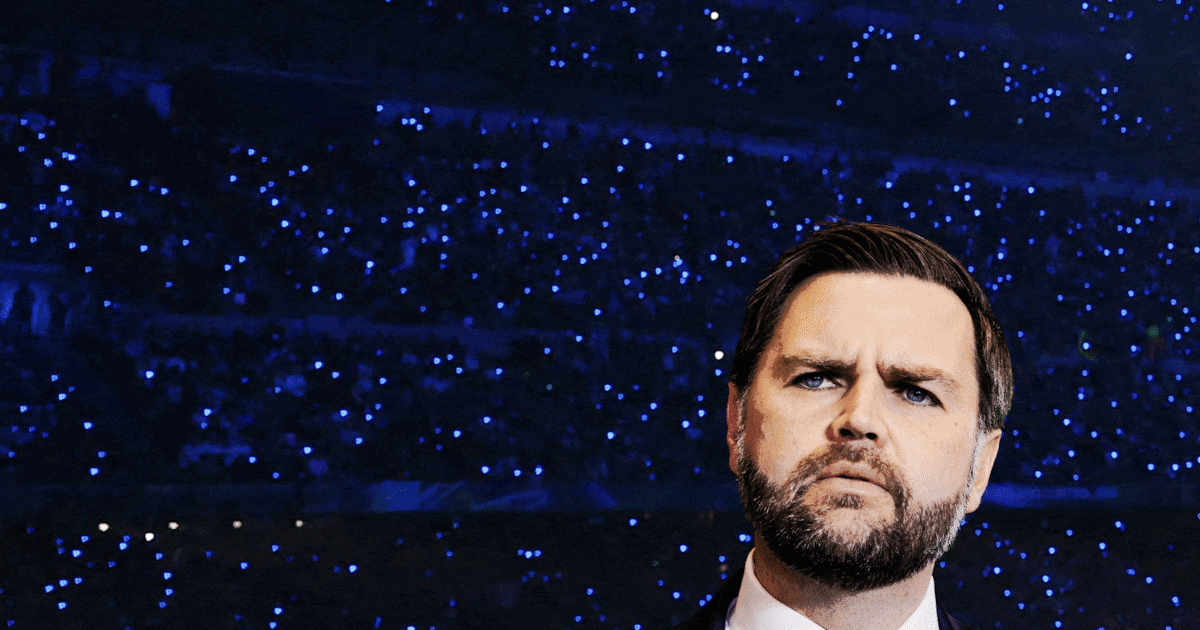Picture this:The man credited with bringing the world the original iPod, who then went on to create a company that rethinks such banal home appliances as the thermostat and the smoke detector, just sold those products to an even bigger company that is creating nightmarish robots, self-driving cars, and the web browser used by a majority of all Internet users.
That man: Tony Fadell.
That home appliance company: Nest.
The company that bought it: Google.
The price: $3.2 billion.
That is a lot of smoke detectors.
But what the deal truly signifies is the giant leap Google now hopes to make into the homes of millions of Americans, as Internet-connected Things like the Nest thermostat creep their way towards a wider, more mainstream, rate of adoption.
Once there’s one foot in the door, soon comes two.
No longer satisfied crunching data gleaned from the lives we lead on computers and smartphones, Google will soon have a hand in data that maps the patterns of our lives in our homes. Our home-data. Smart-thermostats will lead to smart-sinks. Smart-sinks will leak into smart-refrigerators. Smart-refrigerators to smart-stoves. Smart-stoves to smart-beds (already a thing). And so on.
Carolina Milanesi, a Strategic Insight Director with Kantar Worldpanel ComTech, tweeted that it could go one of two ways. “Smart move by Google to acquire Nest & leverage brand. Will it be about ecosystem growth or data ownership?” she tweeted. “Something might have to give.”
The company, it can be surmised, could soon know the hours we sleep. The time we wake up. The amount of water we used when we bathe. The temperature we like at night. The amount of food in our fridge.
And as we learned with Apple, companies that create products within an infrastructure prefer that those products all come from the same pot (Steve Jobs famously wanted to keep the Macintosh a closed system that only ran Apple software).
Daniel Ernst, an analyst with Hudson Square Research, observed as much in a tweet when he said, “Nest valuation aside, there were two things missing from connected home, unifying platform (check). Next will be wireless standard.”
And sure, plenty of companies will be making boutique goods for your house. But only one has the resources to take the whole fort.
But for now Google, which is notoriously tight-lipped in speaking of long-term ambitions, makes no mention of such grandiose plans in an effusive announcement bringing details of the acquisition.
They’re just excited to make products that keep us safe, which I’m sure they do. Lord knows the smoke detector was in need of a digital makeover.
Google co-founder Larry Page, who was quoted in therelease put forth by the company, spoke of the “tremendous team” he was excited to welcome into the family: “They’re already delivering amazing products you can buy right now—thermostats that save energy and smoke/CO alarms that can help keep your family safe,” the 40-year-old Page said. “We are excited to bring great experiences to more homes in more countries and fulfill their dreams!”
Fadell, 44, returned the compliments.
“We’re thrilled to join Google,” he said in a statement released by the mega-corporation. “With their support, Nest will be even better placed to build simple, thoughtful devices that make life easier at home, and that have a positive impact on the world.”
How positive that impact will be, and how our home-data will be used, only time will tell.





